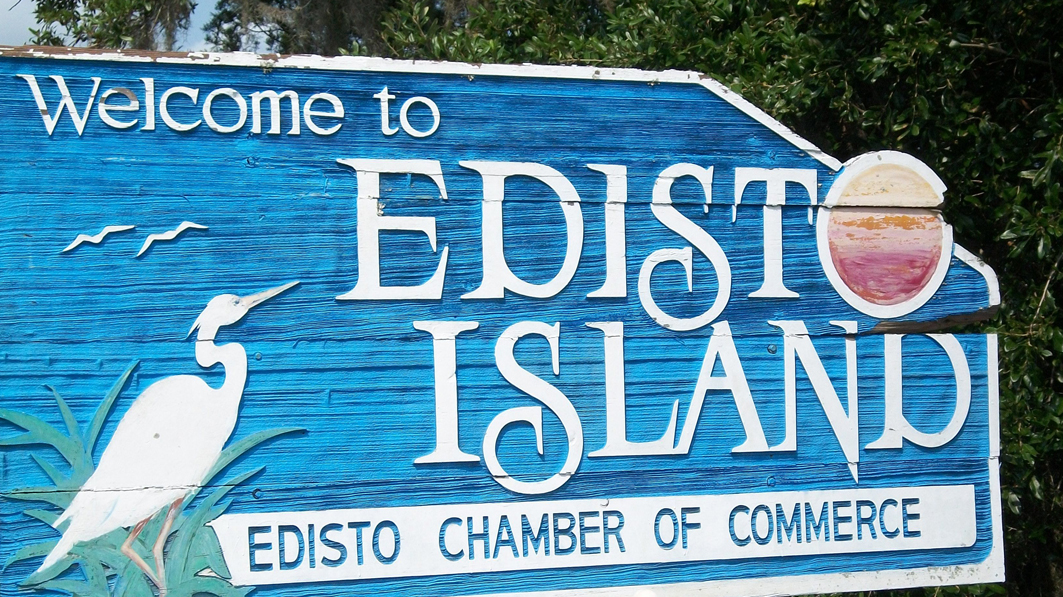If a government rents out space in one of its facilities to community groups for events, it cannot discriminate against religion by forbidding “religious worship services.”
That’s the lesson learned in the lawsuit settled in favor of Redeemer Fellowship of Edisto Island, South Carolina recently.
The young and growing church had successfully rented out and held worship services at the Edisto Beach Town Civic Center twice in 2018 before the town council voted to reject further applications from the church and amended its facility use guidelines to ban all rentals for “religious worship services.”
But the town continued to rent the facility—which includes an auditorium, lobby area, two multi-purpose rooms and surrounding grounds—to other local groups for all types of expressive activities. Another church was allowed to rent rooms for church office space, Bible studies and theological training.
Secular groups were welcome to rent the same space for activities similar to the elements of a worship service, i.e., singing, teaching, and social events. The town council’s decision to exclude “religious worship services” looked like “viewpoint discrimination” to Redeemer Fellowship, which, with the assistance of Alliance Defending Freedom (ADF), brought a First Amendment lawsuit against the town.
At some point, the town council realized its mistake, and revised its facility use guidelines once again to remove the offending language. In light of that change, the parties recently entered into a court-approved settlement agreement that will prevent the town from ever going back to its unconstitutional policy.
It likely helped the church’s effort when shortly after the suit was filed, the U.S. Department of Justice filed a “statement of interest” in the case indicating its support for the church’s First Amendment claim.
Redeemer Fellowship’s legal counsel, Christiana Holcomb of ADF, had this to say about the settlement in a statement: “Churches shouldn’t be treated less favorably than other groups that want to rent facilities. We commend Edisto Beach for lifting its ban, which was inconsistent with the town’s own statement that it welcomes ‘civic, political, business, social groups and others’ to use its civic center. Its previous policy that singled out one form of expression—worship—as inferior to other forms of speech was clearly unconstitutional.”
Viewpoint discrimination continues to be a religious liberty problem as small municipalities across the country stumble into unconstitutional policy decisions due to ignorance or bad advice. But the good news is that more often than not, those cities and towns are willing to make the necessary course correction when they are called out for their errors. And the more these disputes and settlements are made public knowledge, the more likely it will be that future policy mistakes can be avoided.






